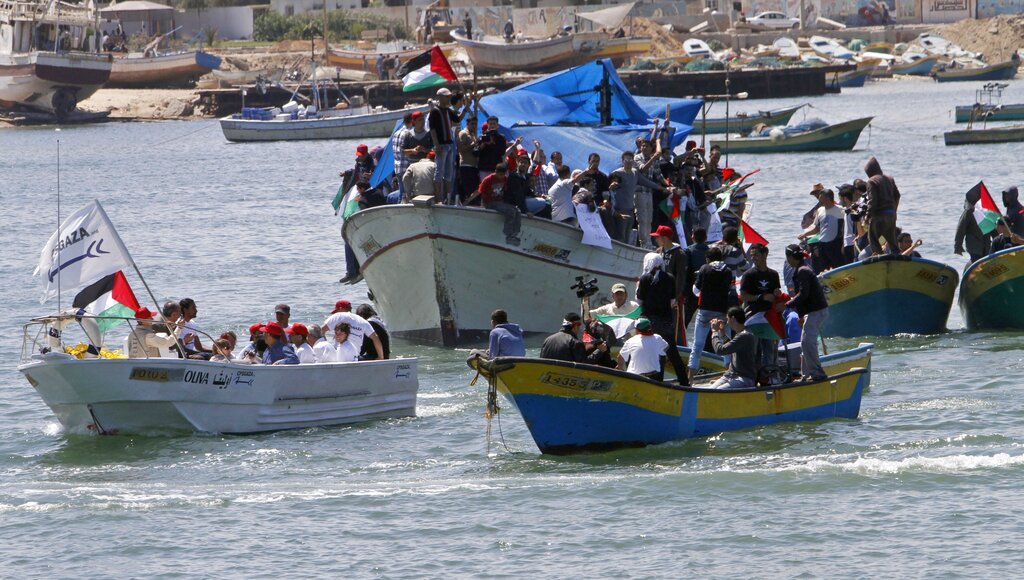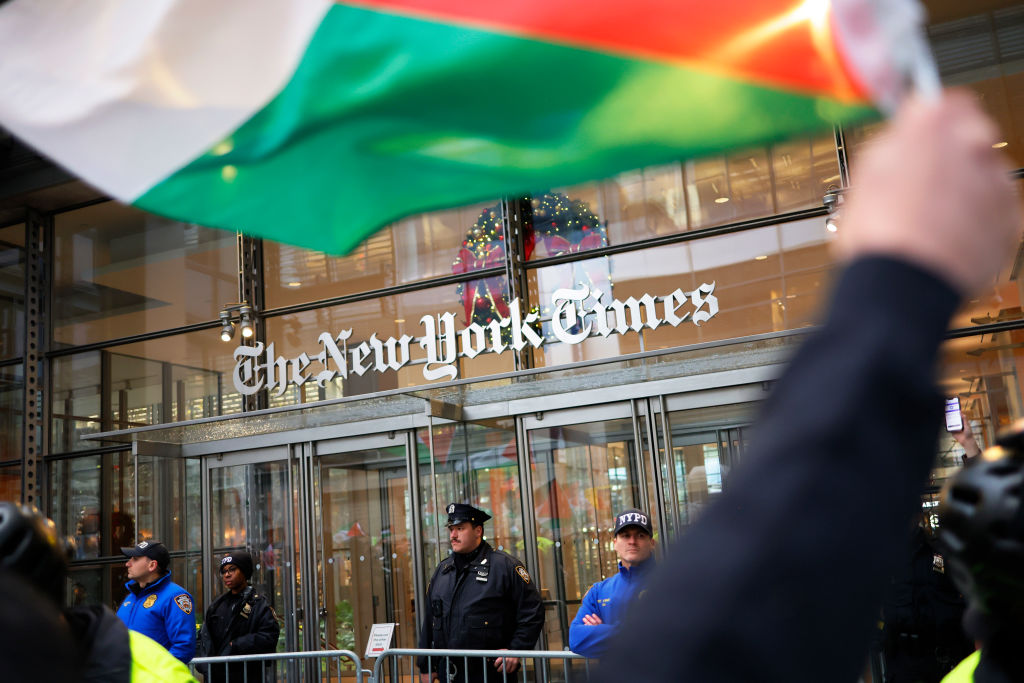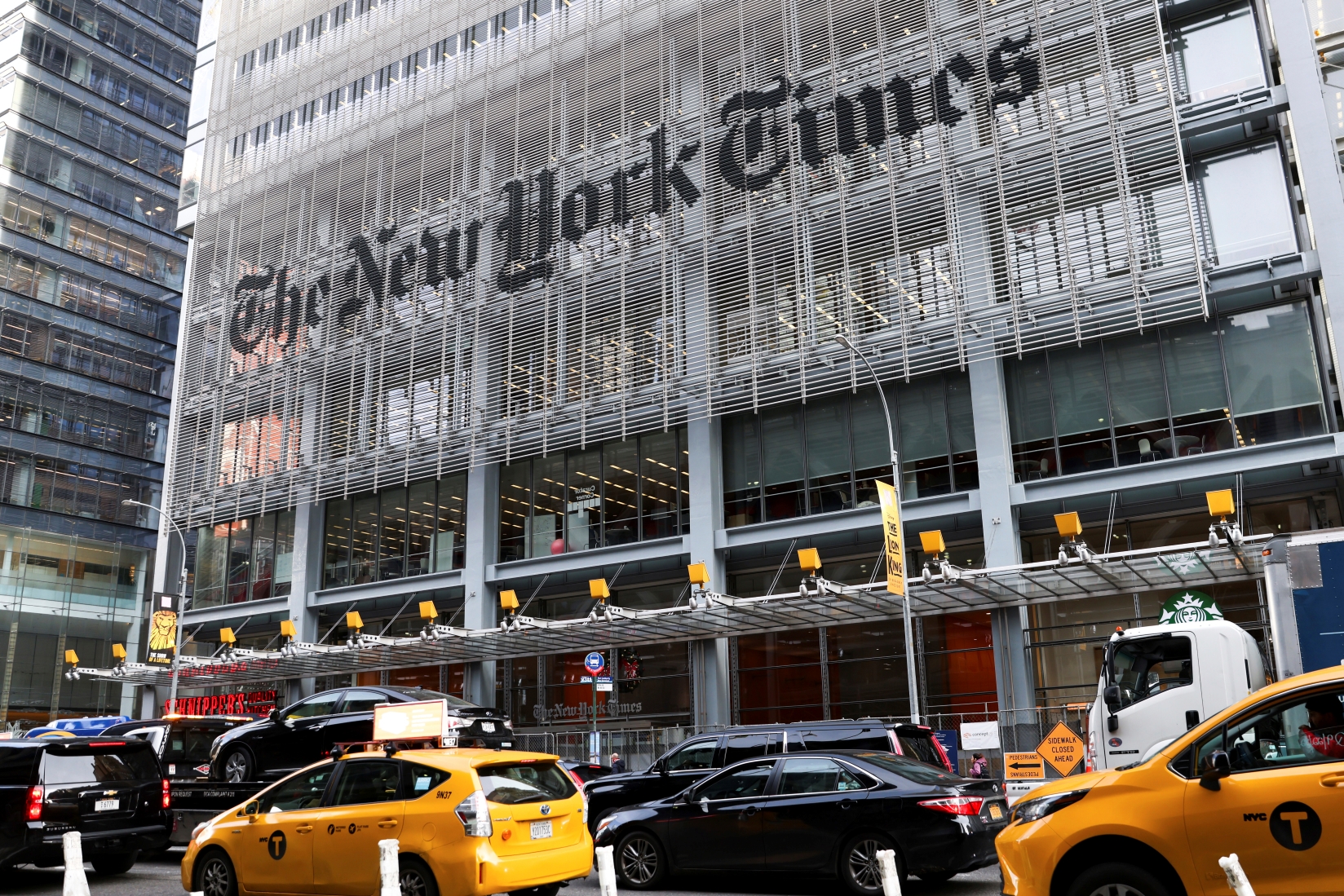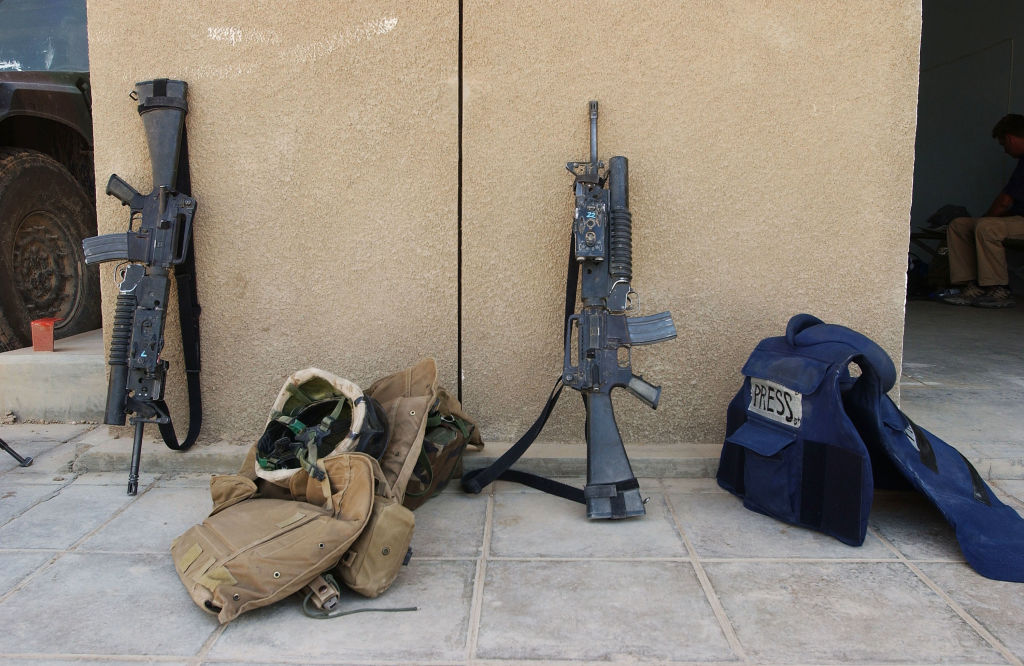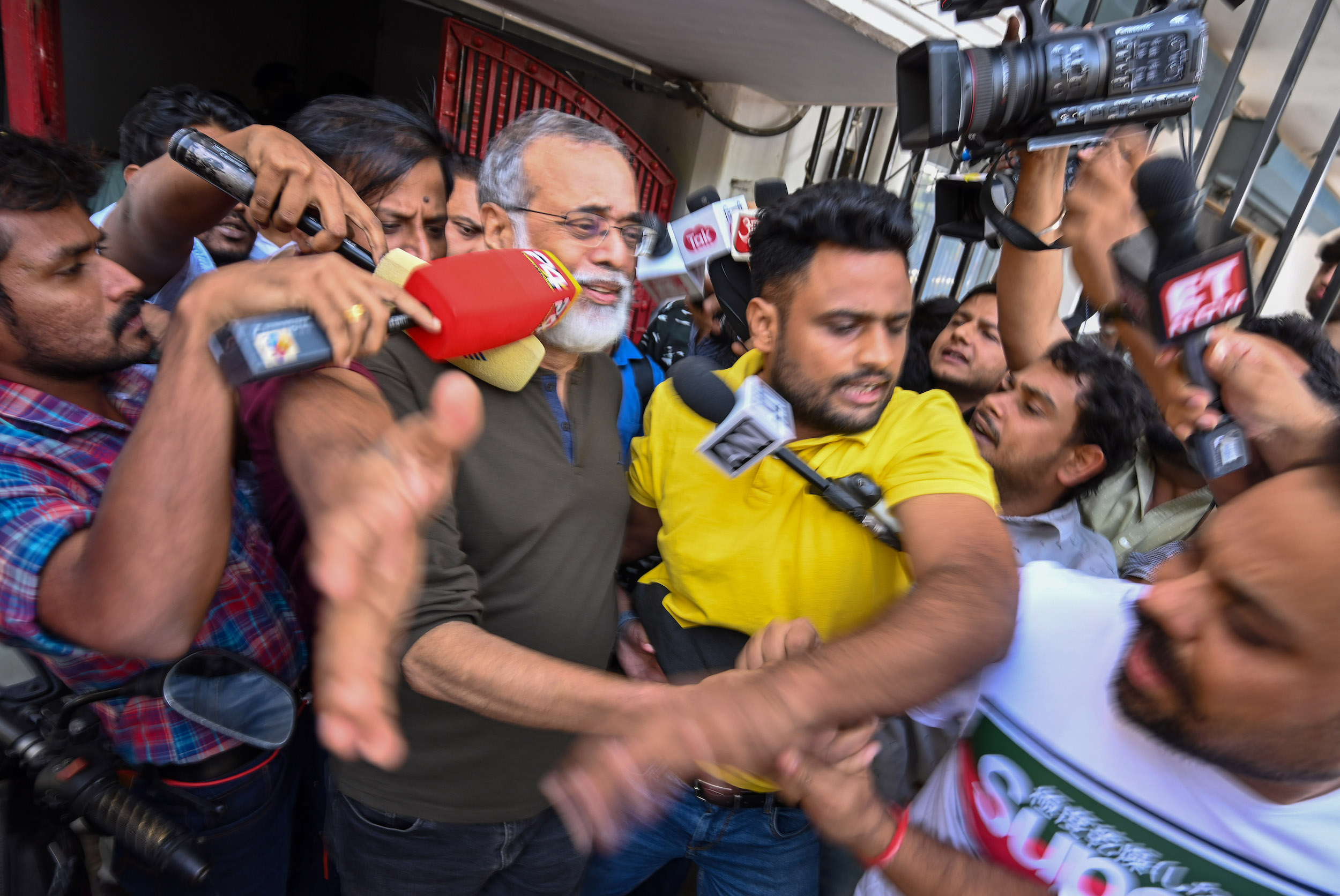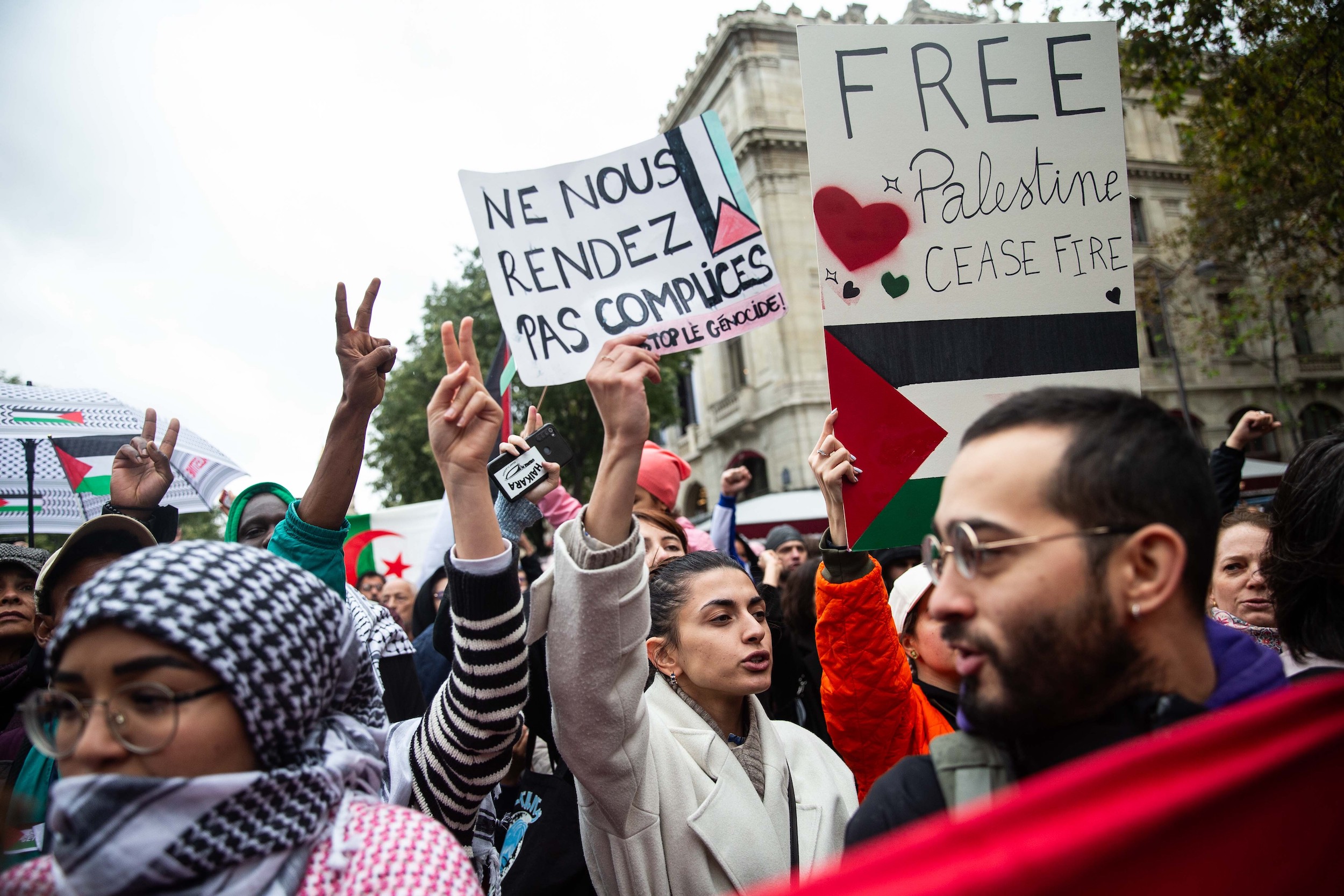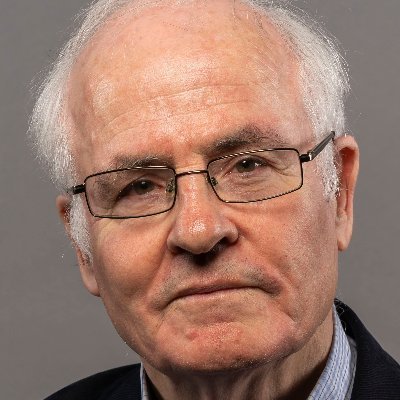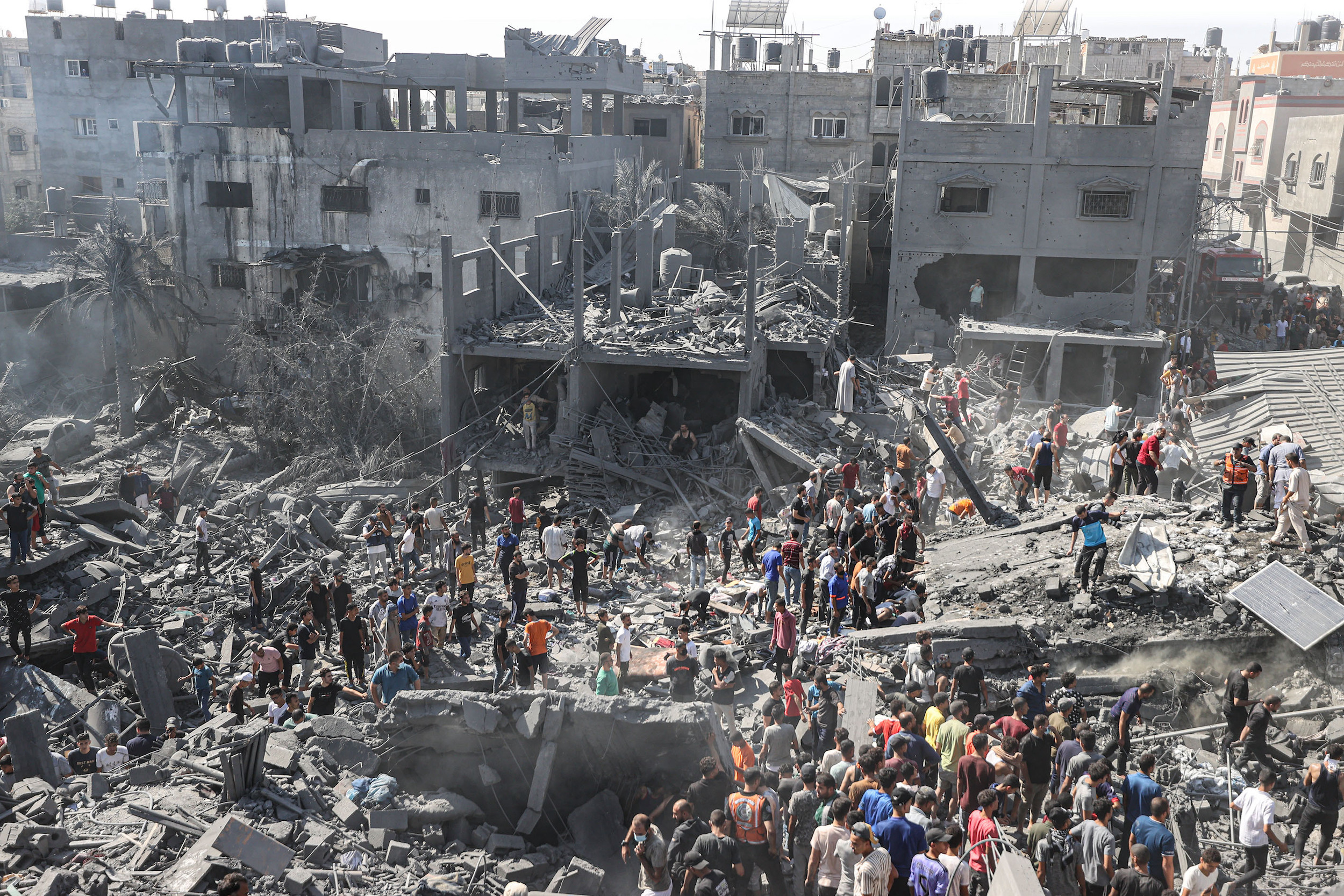African governments are increasing already-heavy spending on surveillance technologies, citing security concerns. But experts warn that this comes at the expense of citizen’s liberties and human rights, as well as the freedom of the press. Vast expenditures on surveillance and governments’ “secretive modus operandi” have been unearthed by a 2023 report by the Institute of Development Studies (IDS), focusing on six countries.
IDS researchers focused on five common internet interception technologies, which are: social media surveillance technologies; safe city technologies for surveillance of public space; and biometric ID surveillance technologies.
“African governments are collectively spending as much as $1 billion per year on surveillance technologies,” the 167-page report says. “There is copious evidence that states in Africa are using surveillance technologies in ways that are unlawful and/or violate the fundamental human rights of citizens.”
Of the six nations studied, Nigeria is the largest spender on surveillance technologies, most of which are acquired from major European suppliers, the report found. The nation, in which four in 10 citizens were living in poverty before the COVID-19 pandemic started, according to the World Bank, has spent more than $1 billion in a single year.
“According to the evidence available to our researchers, Nigeria has procured more surveillance technologies than any other country on the continent,” the IDS report revealed. “The government is a customer of nearly every major surveillance technology company that we examined.”
‘Chilling effect on journalism’
With the rise in surveillance technologies used by African governments, journalists are working in an increasingly intimidating environment fraught with suspicion and are putting their lives in danger, the IDS report concluded. They are frequently regarded by the government and its allies as a threat to national security, and, in some cases, they are classified as “enemies of the state” and sometimes as “targets for elimination”, the report’s authors said.
“Unfortunately, journalism suffers when these kinds of surveillance technologies are rolled out because they have a chilling effect on journalism practice and the enjoyment of media freedom,” says Dr. Admire Mare, a lecturer in the Department of Communication and Media at the University of Johannesburg, South Africa. They also make it difficult for journalists to talk freely with their sources. “Surveillance is being abused to target human rights defenders, journalists, opposition members, and trade unionists,” Dr. Mare adds.
In 2020, Nigeria witnessed a wave of demonstrations against the country’s federal Special Anti-Robbery Squad (SARS) which has been accused of unlawful arrest, torture, and even murder of civilians. Government surveillance has made it much easier for security forces to identify and target protesters under the guise of “combating security risks”, says Dr. Mare. “Nigeria is Africa’s largest customer, spending at least $2.7 billion on surveillance technologies in the last decade,” the IDS report concluded. “The technology has been used to spy on peaceful activists, opposition politicians, and journalists.”
‘They can find you, they can kill you’
The IDS report also found that, in Morocco, surveillance technology has been used against critics of the state, including journalists, despite the fact that the country’s constitution guarantees citizens the right to privacy of communication and freedom of speech.
In 2012, at the peak of the Arab Spring protests demanding political reforms, the Moroccan state acquired an internet-spying technology from Hacking Team, an Italian company, to target protesters, including a citizen media outfit, Mamfakinch, meaning “we won’t give up”.
“Privacy International and Amnesty International have separately documented multiple cases of journalists and activists who have been directly targeted by government surveillance agencies and been subject to unwarranted detention,” the IDS report revealed. “Journalists and bloggers who are critical of the state are routinely subject to arrest without warrant and to long periods of pre-trial detention.”
The Remote Control System, a powerful spy software, was used to compromise Mamfakinch’s communications, often sending strange emails with empty attachments. Eventually, the media outlet closed down- a victory for the regime but a loss for the citizens and for democracy. This, according to Amnesty International, was one of “the very first documented cases of computer attacks using European-made technology to repress and target human rights activists and journalists”.
Heidi Swart, Journalism and Research Coordinator for Intelwatch, says that surveillance adds huge pressure to the work that journalists do. “Surveillance can make it impossible to do one's work. If you cannot guarantee your source's anonymity, your story is over before it begins. But it also means that it is easier for the government to target you physically. If they can find you, they can intimidate, harm or kill you. For many journalists in Africa, this is a very real concern.”
A highly secretive business
As anticipated, the procurement of surveillance technology remains highly secretive. Of the six (A highly secretive business) the IDS researched, “Malawi has invested the least [...] in surveillance technologies and has the least well-developed legislative framework for data protection and privacy rights protection from unwarranted surveillance.”
In 2022, Malawian investigative journalist Gregory Gondwe faced pressure to reveal his sources after reporting on corruption involving the Attorney General. Despite his refusal, he was warned that the information would be obtained by "other means." This incident was highlighted in a report, emphasizing the interrogation Gondwe underwent for exposing governmental corruption.
Meanwhile, Zambia, despite its democratic progress under President Hakainde Hichilema since 2021, continues to invest in surveillance technology under the pretext of developing "smart cities." The report notes a lack of transparency in Zambia's acquisition and use of such technologies.
Similarly, Zimbabwe, Kenya, and Uganda are implementing smart city projects, equipped with surveillance cameras and automated license plate recognition systems. Dr. Mare warns that these developments pose significant threats to free speech and democracy. He explains that while these technologies are ostensibly for traffic control, they are often used for monitoring public protests and gatherings, infringing on privacy rights.
Surveillance technology exposes Western hypocrisy
Despite Europe's self-portrayal as a defender of democracy and human rights by confronting despotic regimes like Robert Mugabe, the report sheds light on the role Western countries play in supplying the technology. US, European, and Chinese companies are major providers of surveillance tools, potentially enabling human rights abuses. This begs questions about their ethical standing.
The USA, with 122 surveillance companies, is a key player in this market, offering advanced AI-based internet and mobile phone interception systems. “The USA leads in social media surveillance and the tracking of protests through companies such as Dataminr,” according to the report.
Major suppliers from China, the USA, Italy, France, the UK, Germany, and Israel include Huawei, ZTE, BIO-key, Agilis, Hacking Team, Thales, BAE Systems, Gamma (FinFisher), Dermalog, NSO Group (Pegasus and Circles), Cyberbit, and Elbit. These companies provide a range of surveillance technologies to African nations.
China, a longstanding ally of many African states with relationships dating back to the colonial era, has been instrumental in implementing'safe city' projects across the continent. “China is providing billions of dollars in loans to African governments to buy its'safe city’ package of CCTV cameras with facial recognition and car license plate recognition. Out of the five countries in this report, four already have Chinese ‘safe city’ programs: Nigeria, Ghana, Malawi, and Zambia. Huawei and ZTE are the two Chinese companies delivering surveillance technologies, training, and support.”
Interestingly, companies traditionally known for arms manufacturing, like BAE Systems (UK), Elbit (Israel), and Thales (France), have shifted focus to surveillance technology, adapting to the reduced demand for arms.
Regarding the ethical implications of these transactions, Swart comments that, despite Europe's strong privacy regulations and human rights stance, the lucrative market for surveillance systems seems to override ethical considerations. The sale of public surveillance cameras, biometric identification systems, spyware, and border management technology continues, often without regard to the buyer's human rights record.
Colonial legacy of surveillance in Africa
South Africa, often seen as a beacon of democracy in Africa, is facing challenges with two proposed amendment bills that, if passed, could significantly impact citizens' rights to privacy, protest, freedom of movement, and association. This development is particularly concerning for Zimbabwean journalists who use South African phone numbers to avoid surveillance, as they could be affected by these changes.
These bills follow a landmark 2021 ruling by South Africa’s Constitutional Court aimed at protecting journalists and their sources from surveillance. This ruling was the culmination of a four-year legal battle by investigative journalist Sam Sole, who was surveilled while investigating a former president.
Swart highlights the inadequacy of South Africa's current surveillance legislation, particularly the Regulation of Interception of Communications and Provision of Communication-related Act (RICA) of 2002. He notes that the Act was outdated even at its inception and that the recent RICA amendment bill is a response to the prolonged court struggle involving a journalist surveilled by state intelligence.
The report also reflects on the colonial legacy of surveillance in Africa. In Rhodesia, now Zimbabwe, surveillance was rampant during colonization, often leading to harassment, intimidation, and even death to maintain minority rule. Post-independence, many African countries, including South Africa, under apartheid until 1994, continued these practices.
The IDS report states that colonial surveillance institutions and practices were often retained and expanded by post-independence governments. “Surveillance was introduced by colonisers, retained by liberators, and automated by today’s African leaders” Swart observes, and that little has changed, with basic human rights still being disregarded in what he describes as a continuation of colonial practices.
The threats of surveillance to human lives and journalists are huge and real, and to reduce the impact, journalists must expose them. To mitigate this, journalists must bring these issues to light. Dr. Mare emphasizes the importance of identifying and holding accountable the suppliers and purchasers of surveillance technologies. He advocates for the enforcement of human rights assessment standards in the sale of these technologies, ensuring they are not used to oppress people in the global south.
The views expressed in this article are the author’s own and do not necessarily reflect Al Jazeera Journalism Review editorial stance

























![A demonstration against Israel's war on Gaza on Paulista Avenue in São Paulo on November 4, 2023, draws attention to the deaths of children while the media focuses on the war against terrorists. [Photo: Lina Bakr]](/sites/default/files/ajr/2024/Picture1.png)

